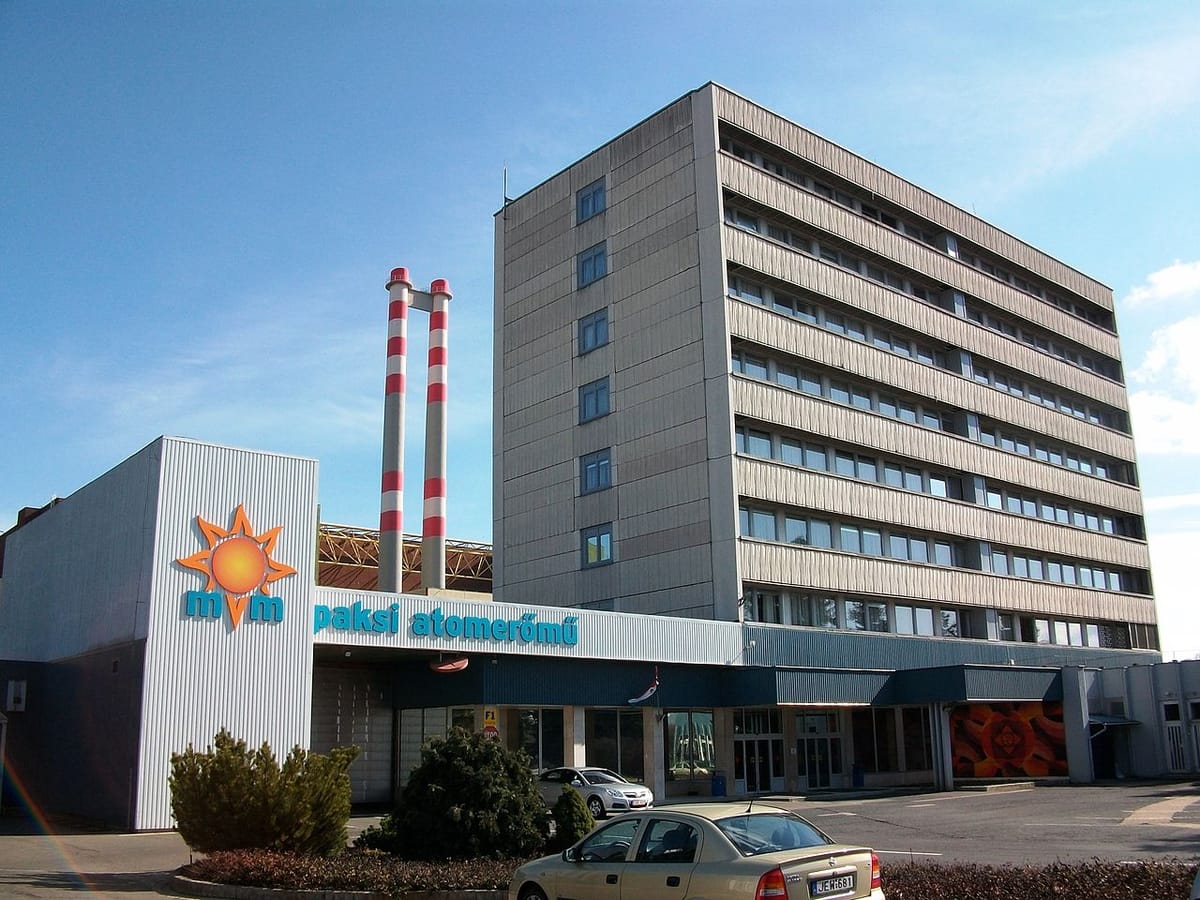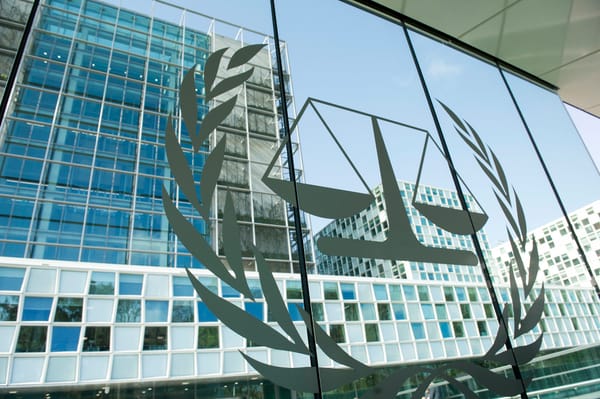
Hungary to push on with Paks II project, as nuclear agency issues partial construction permit
Hungary’s National Atomic Energy Authority (OAH) has granted a partial licence in connection with the expansion of the country’s only nuclear power plant in Paks, central Hungary, Hungarian Foreign Minister Peter Szijjarto confirmed on Friday. The OAH announced its decision on the “Paks II” project on its website on Thursday evening.
Szijjarto called the implementation licence “a hugely important milestone”, adding that preparatory work is already underway in Paks, and construction could begin in October. “There will be visible signs at the construction site,” he said, adding that the target to make the two new blocks operational by 2030 remains “realistic”.
However Hungarian website local media noted that according to the licence that has been issued by the OAH, only foundations can be laid at the Paks II site this year, and at the builder’s own risk. The nuclear authority has not yet guaranteed that it will ever be possible to build the reactors on the construction site, it underlined.
According to the original schedule, the construction permit was due by the end of September 2021. However the OAH found the plans it received from the Paks II project to be inadequate.
Now the Paks II project must complete several gaps in its application, and the OAH will likely examine the requested materials for another four months before issuing the full license, 444 added.
Rosatom’s role in Ukraine caused Finland to cancel own Rosatom deal
According to industry insiders who spoke to Hungarian media on condition of anonymity, the OAH has in the past expressed reluctance regarding authorising the Paks II expansion plans until Finnish authorities granted permits for it own nuclear plant, also designed by Rosatom.
However, after Russia’s invasion of Ukraine, the Finnish-led consortium Fennovoima in May cancelled its contract with Rosatom, due to delays and increased risks due to the ongoing war. Fennovoima also cited the role that Rosatom played in the seizure of the Ukrainian nuclear power plants at Chernobyl and Zaporizhzhia, which international law prohibits from being military targets.
Paks II – controversial from conception
The Paks nuclear plant currently produces around 40% of Hungary’s energy output with four Russian-built VVER 440 reactors that were phased into operation from 1982 to 1987.
Rosatom’s plan to expand Paks was first unveiled in January 2014, when the Hungarian government unexpectedly announced a deal with Moscow, under which Russia would extend Hungary a loan to cover 80% of the EUR 12.5bn project.
According to the plans, the expansion would add two 1.2GW Russian-made VVER generation 3+ power units to the current 2GW plant.
Even before the war in Ukraine, Hungary’s deal with the Kremlin was seen as controversial, and frequently cited as an example of Hungarian Prime Minister Viktor Orban’s geopolitical proximity to the regime of Russia’s President Vladimir Putin.
Nevertheless, the EU eventually waved Paks II through, in March 2017, when the then European Commissioner for Competition Margrethe Vestager said “the Hungarian government has made a number of commitments that will allow us to allow these investments under EU public investment rules”.
Russia’s invasion of Ukraine six months ago threw the fate of Paks II into doubt again. Nevertheless, the sanctions imposed by the EU on Russia since February have not included nuclear energy, and in July 2022 Szijjarto announced that that Moscow was ready to move forward with the project, after he met with Rosatom head Alexei Likhachev, in Istanbul.
Paks now years behind schedule, nuclear expert warns
According to Hungary’s former government commissioner for Paks, Attila Asodi, work could now be accelerated thanks to the receipt of partial permits, but it may be more than a year before construction proper can actually begin.
Regardless of the doubts that continue to surround the Paks II expansion, Rosatom director general Alexei Likhachev responded to the news of the OAH’s issuance of a partial construction permit positively. “We are confident that Paks II will become a guarantor of Hungarian energy sovereignty and bring European countries closer to achieving climate goals,” Likhachev said.
Meanwhile Paks II project director Alexander Merten saluted “OAH’s issuance of a number of basic licenses” for the project, that he said, “will provide Hungary with stable and inexpensive electricity until the end of the century”.
In recent months, Szijjarto has declared on an almost weekly basis that the future of the Hungarian energy supply would be unimaginable without the completion of the Paks II project, 444 wrote.
“We will be able to ensure Hungary’s energy security in the long term (and) protect Hungarians from extreme price fluctuations on the international energy market”, Szijjarto said.
However, Asodi noted that as the project will take at least eight years, “even with an optimal schedule” the two new reactors will at best start to produce electricity in the first half of the next decade.





